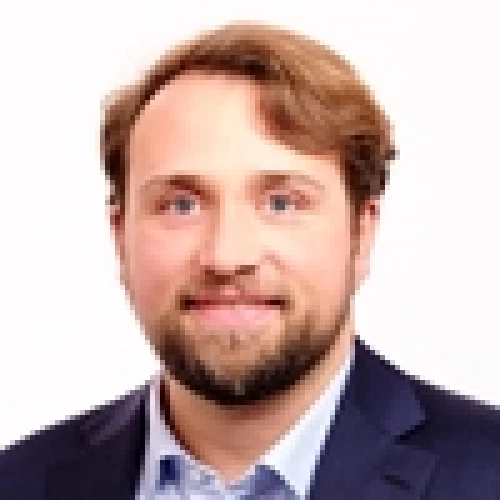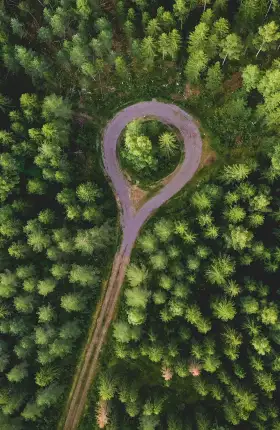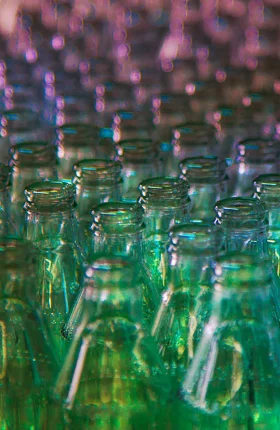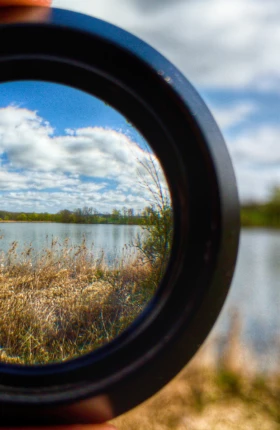
Alexander Meyer zum Felde
Partner and Associate Director, Total Societal Impact & Sustainability & Circular Economy HamburgEducation
- MBA, international business and finance, Northeastern University/European School of Business
Alexander Meyer zum Felde is an expert on sustainability and circular economy. He leads Boston Consulting Group's work on waste systems, deposit systems, and recyclers. Alex is associate director for Total Societal Impact (TSI), sustainability, and circular economy, and a core member of BCG’s Strategy, Industrial Goods, and Social Impact practices.
Since joining BCG in 2010, Alex has worked with clients globally across all regions focusing on sustainability, circular economy, and recycling. Along with circular economy, he has deep experience in sustainability strategy and climate change. Alex is also responsible for managing BCG's relationship with MIT Sloan (regarding sustainability) and the WBCSD (World Business Council for Sustainable Development). Before joining the firm, Alex worked at Goldman Sachs in New York.











